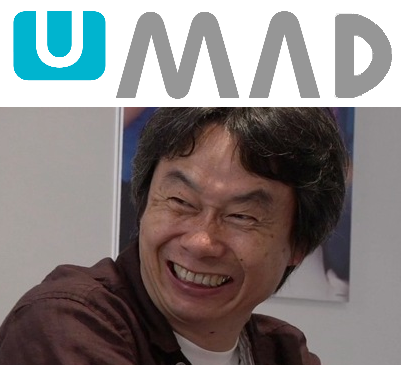Giving every adult in the United States a $1,000 cash handout per month would grow the economy by $2.5 trillion by 2025, according to anew study on universal basic income.
The report was released in August by the left-leaning Roosevelt Institute. Roosevelt research director Marshall Steinbaum, Michalis Nikiforos at Bard College's Levy Institute, and Gennaro Zezza at the University of Cassino and Southern Lazio in Italy co-authored the study.
The study made economic forecasts for three proposals: a full universal basic income in which every adult gets $1,000 a month ($12,000 a year), a partial basic income in which every adult gets $500 a month ($6,000 a year), and a child allowance in which parents get $250 a month ($3,000 a year).
The larger the universal basic income, the greater the benefit to the economy, according to the report.
A $1,000 cash handout to all adults would grow the economy by 12.56 percent after eight years, the study finds. Current Congressional Budget Office estimates put the GDP at $19.8 trillion. The cash handout would therefore increase the GDP by $2.48 trillion. (Vox first did this extrapolation in their coverage of the report, and Steinbaum confirmed the accuracy of the extrapolation to CNBC Make It by email.)
The $250 allowance would grow the GDP by 0.79 percent and a $500-a-month payment would grow the GDP by 6.5 percent.
"THE LARGER THE UNIVERSAL BASIC INCOME, THE GREATER THE BENEFIT TO THE ECONOMY, ACCORDING TO THE REPORT."
These estimates are based on a universal basic income paid for by increasing the federal deficit. As part of the study, the researchers also calculated the effect to the economy of paying for the cash handouts by increasing taxes. In that case, there would be no net benefit to the economy, the report finds.
"When paying for the policy by increasing taxes on households rather than paying for the policy with debt, the policy is not expansionary," the report says. "In effect, it is giving to households with one hand what it is taking away with the other. There is no net effect."
The study is based on the Levy Macro-Economic model, which presupposes that the potential of the economy is constrained because household income is low. That opinion, even the authors of the study admit, is debatable. "Other macroeconomic models would disagree," the report says. The idea of a universal basic income has been promoted lately by technology leaders and Silicon Valley billionaires.
Some, like Tesla and SpaceX CEO Elon Musk, see cash handouts as a solution to the imminent threat of automation to the labor force. Musk has said that universal basic income will be a virtual necessity because robots will put so many low-skilled workers out of a job.
Others, like Facebook CEO Mark Zuckerberg, think handouts could give everyone the safety net necessary to think like an entrepreneur. Zuckerberg touts UBI as a way to ensure people are not afraid to take risks to pursue the projects and business ventures they are passionate about.
I think It might be crazy enough to work.

'Video games are bad for you? That's what they said about rock-n-roll.'
-Shigeru Miyamoto
















